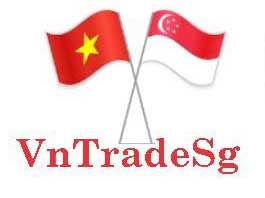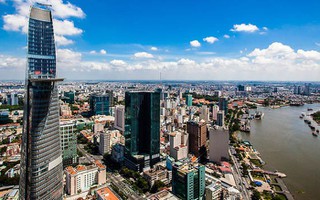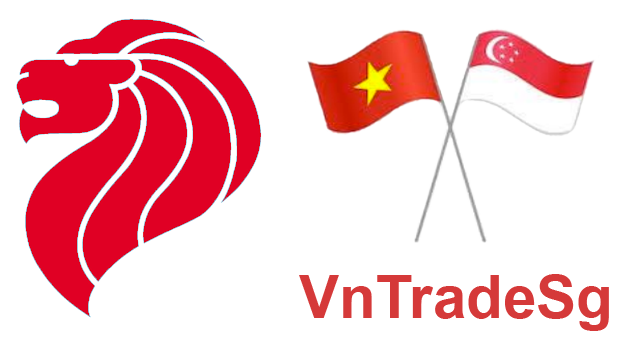 |
| Pham Duy Khuong, managing director of ASL Law firm |
Thanks to favourable policies on improving the business environment, along with the potential coming from bilateral and multilateral free trade agreements, Vietnam in 2019 reported huge M&A transactions involving overseas investors, creating momentum for business development as well as attracting more foreign financing to Vietnam.
Leading the largest M&A deals in the country last year were investors from South Korea, Hong Kong (China), Singapore, and Japan, with activities continuing to develop in sectors such as consumer goods, retail, real estate, telecommunications, energy, infrastructure, pharmaceuticals, and education.
The top M&A deals in this period included SK Group which, through its investment arm SK Southeast Asia Investment decided to invest $1 billion to acquire 6.1 per cent of Vietnam’s leading conglomerate Vingroup, while becoming the largest foreign shareholder of Masan Group in accordance with an agreement worth $470 million. In addition, Hanwha Asset Management also paid $400 million for 84 million preferential shares in Vingroup.
Among countries taking on transactions in Vietnam during the 2018-2019 period, Singapore ranked third with total value of deals being worth $1.6 billion. In the first 10 months of 2019, Singapore’s M&A transactions doubled compared to the same period in the previous year.
Singaporean groups have invested in almost every sector in Vietnam, especially in the processing industry with 574 projects and total registered capital of $20.17 billion, accounting for 40 per cent of total capital. Moreover, the fields of household electronics, apparel, food production, and auxiliary services such as automation and logistics, have also drawn quite a large investment from Singapore.
GIC Pte, Singapore’s sovereign wealth fund, tops the list of Singaporean investors with a series of M&A deals worth hundreds of millions of US dollars. GIC named itself among major investors in the initial public offering of Vietnam’s giants Vietjet Air, Vinhomes, The PAN Group, Vinasun, Techcombank, Vietcombank, and FPT. Recently, the fund has continued to buy Vinhomes shares and provided it with a loan-like debt instrument, while spending $101 million on acquiring 27.4 million more shares in Masan.
Although the Vietnamese M&A market has been signalling a bright future, Vietnam is still in need of revising its legal framework to eliminate obstacles to attract more quality investors.
The market is governed by different laws on enterprises, foreign investment law, land, and competition, among others. In addition, M&A is also subject to commitments of the World Trade Organization and various trade agreements. In order for activities to be accomplished smoothly, foreign investors to Vietnam should pay attention to several issues.
Under previous regulations, foreign investors can hold up to 49 per cent of the shares in public companies, including all listed companies. However, this limit was removed in 2015. Accordingly, public companies operating in unconditional businesses can increase the foreign ownership limit to 100 per cent.
Though the ownership limit has been removed, there are barely any specific instructions to follow these regulations, especially the legal status of the company after raising the ownership rate to over 49 per cent. This ratio may change daily, depending on the investor’s decision to buy and sell shares and make foreign investors hesitant to increase their ownership to more than 49 per cent.
Within the first three years after being granted a business registration certificate, founding shareholders in a joint-stock company may only transfer their shares to a party other than the other founding shareholders, when the transfer was passed by the general meeting of shareholders.
In some fields, such as securities, only foreign securities companies can buy shares or contribute capital to a domestic securities company. Other cases are also limited regarding the form of investment, ownership or the right to use specific assets to keep foreign investors from owning 100 per cent of a company’s capital.
Meanwhile, M&A activities in the active and thriving international market are carried out flexibly under many different structures. However, the current legal framework for such transactions in Vietnam has not completely kept up with these advanced structures and concepts, causing many investors to be confused and uncertain.
According to current regulations, most M&A transactions in Vietnam need to be approved by authorised agencies, which can take up to several months. Especially when the deal involves conditional business, the time of waiting will even be longer as it is carried out by many different agencies.
Furthermore, under the provisions of the Law on Competition, M&A transactions that lead to a market share acquisition of 30-50 per cent in a “relevant market” must be notified to the Vietnam Competition Authority. Transactions leading to a combined market share of over 50 per cent are prohibited, except in certain cases.
In fact, the implementation of these regulations is challenging for both businesses and authorities because it is difficult to determine what constitutes a relevant market according to the law. Due to this ambiguity, investors must make their own decisions and determine if they have to go through a merger control process before proceeding.
This creates a potential risk that the parties involved might get penalties for violation, or that the transaction might be cancelled.
















